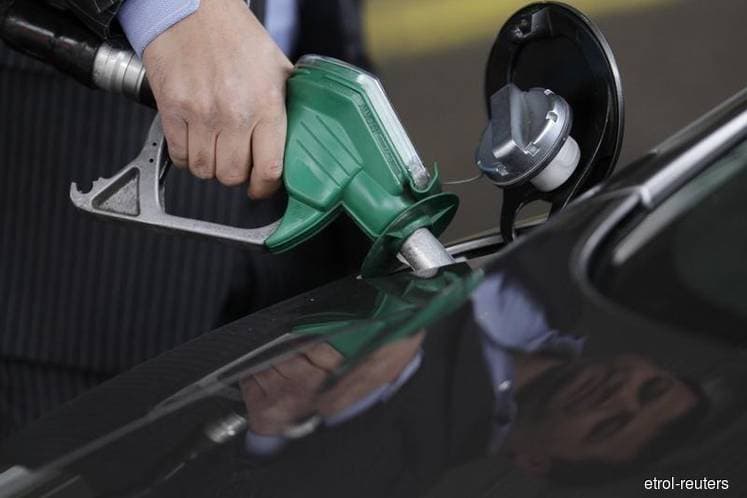
This article first appeared in The Edge Financial Daily on September 18, 2018
KUALA LUMPUR: Petrol subsidy, which aims to lighten people’s cost of living burden, is unlikely to strain the government’s fiscal position severely given the expected higher oil revenue.
Last week, Brent crude oil hit close to US$80 (RM331.20) per barrel, the highest since mid-2014. The government spent RM1.67 billion on petrol subsidies between May and July, according to Finance Minister Lim Guan Eng. The government has reportedly set aside RM3 billion until year end for fuel subsidies.
In a statement recently, Guan Eng said the government planned to launch a targeted fuel subsidy system in the future, as promised in Pakatan Harapan’s manifesto. Such targeted subdidy will be for use by motorcycles of 125cc and below, and cars of 1,300cc and below.
Independent economic analyst Dr Hoo Ke Ping said although subsidies do strain government finances, the higher oil prices would help boost government revenue.
“From an economist’s point of view, any form of subsidy distorts the market. So I am not saying fuel subsidies are the right move, but it is a sustainable one [from the standpoint of government revenue] given the high oil prices.
“The question is how sustainable are these high oil prices? Given geopolitical factors such as the US sanctions against Iran [affecting supply], it seems crude oil prices are expected to remain stable [at current levels] for now. Therefore, any extra strain on government [coffers] can be compensated by additional income for Petronas (Petroliam Nasional Bhd), and therefore the government [via dividends and taxes from Petronas],” he told The Edge Financial Daily.
UOB Malaysia senior economist Julia Goh noted that with Brent crude oil rising close to US$80 per barrel and with the weaker ringgit to the US dollar, the price of RON95 is estimated to be 15% to 18% higher without the government subsidy.
“Based on past incidents, we have seen a significant inverse relationship between oil [prices] and the economy. A sharp rise in domestic fuel prices will weigh heavily on households. Household spending on fuel is the third-largest item after food and rent. Indirectly, we have also seen that business operators will raise prices of selected goods and services to account for higher prices of fuel and inputs.
With higher oil prices, she said, the government would receive additional revenue. “I think it is justifiable if some of this is redirected to help ease cost of living. While a blanket subsidy bill is not ideal, some subsidies may be necessary to cushion the effects of higher cost of living especially for the lower- and middle-income groups,” Goh commented.
MIDF Research chief economist Dr Kamaruddin Mohd Nor is of the view that fuel subsidies are necessary if the primary objective is to help lessen the burden of the targeted groups. “The targeted approach is ideal compared to blanket subsidies, as it will address the needs of the specific groups better,” he said.
Barclays plc senior economist Rahul Bajoria thinks fuel subsidies negate the benefits of higher crude oil prices. “Higher oil prices add to Malaysia’s fiscal revenues, but fuel subsidies obviously negate those benefits, which could have been spent on developing infrastructure or social spending in education or healthcare,” he said in an emailed response to The Edge Financial Daily.
One approach the government could look at to ensure the subsidy bill does not eat up its coffers is to cap subsidy allocations, said Sunway University Business School Professor of Economics Dr Yeah Kim Leng.
“Fuel prices are a major component in cost-push inflation, so keeping prices subsidised helps moderate inflationary pressure, and ensuring living costs do not escalate.
“[However,] we should not over-subsidise. [When subsidies were provided previously] Malaysia was spending over RM20 billion in fuel subsidies. We should perhaps come up with a cap for subsidies, [such as] at RM5 billion per annum,” he said.